Student Government Association (SGA) elections are imminent. The student body will be able to vote for candidates for SGA executive positions on online polls that will open at 8 a.m. today, Feb. 23 and close at 8 a.m. tomorrow, on Feb. 24. There are six candidates in total, all members of the class of 2019, running for three different positions.
Myles Becker and Dylan Welch are running for SGA President. The race for Vice President of Academic Affairs (VPAA) includes Riley Murphy and Joseph Robertson. Vice President of Student Affairs (VPSA) is a matchup between Kadiata Toumbou and Takshil Sachdev.
The issues:
Key issues that candidates have chosen to focus on in this election cycle are largely tied to the offices they are running for. For VPSA candidates Toumbou and Sachdev, improving student quality of life is the linchpin of their platforms. Sachdev counts “promoting student safety and wellness and representing the student body’s interests when dealing with issues related to Title IX, mental health and diversity” as areas of focus. Toumbou is interested in tackling issues related to “inclusivity and diversity on campus, mental health and cyber bullying.”
Sachdev in particular is interested in improving Grinnell’s institutional memory after having seen student activist and political efforts hurt by a failure to adapt when students depart.
“I want to institutionalize the mechanisms for leadership transition among critical identity-based and activism oriented student organizations who might be involved in dealing with issues with the administration or the community in the long-term. This would enable these organizations to thrive even as students themselves come and go,” Sachdev wrote in an email to The S&B.
VPAA candidates Murphy and Robertson have both focused on the irregularity and intractability of many campus academic resources, although they approach the issue in different ways.
“Supplies like adequate (and working) printers, A/V equipment and proper lighting should be available at a much higher rate around campus,” Murphy wrote in an email to The S&B. “Additionally, more students should have opportunities for non-classroom academic growth, like with internships or research projects.”
Robertson, on the other hand, emphasized the curricular.
“One [goal] that I’m really passionate about is more transparency in terms of curriculum, and what is going to be offered. I feel like if there was a live updated document [of courses] … that’s being constantly arranged [it] would be very helpful,” Robertson said.
Robertson is also interested in creating positions similar to that of community adviser for each major.
“I don’t know right now what it would look like exactly. I don’t know if it would be an individual thing, a group thing or by affinity,” Robertson said.
The office of SGA President has broad powers, and the platforms for both candidates are correspondingly wide. In interviews with The S&B, both Becker and Welch spoke of general goals they have for SGA if they are elected.
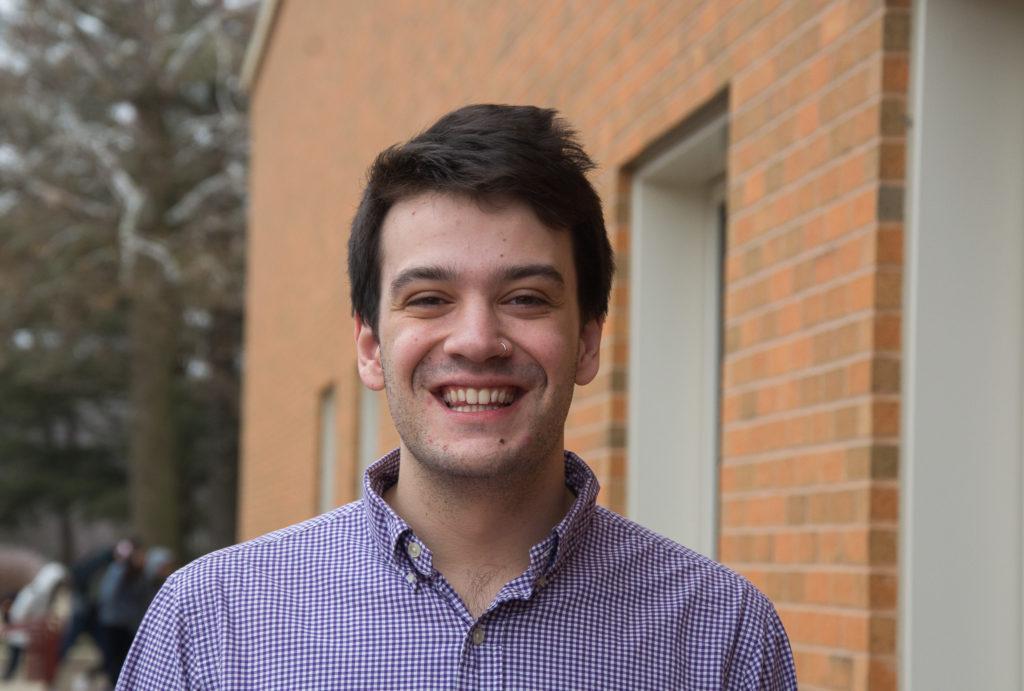
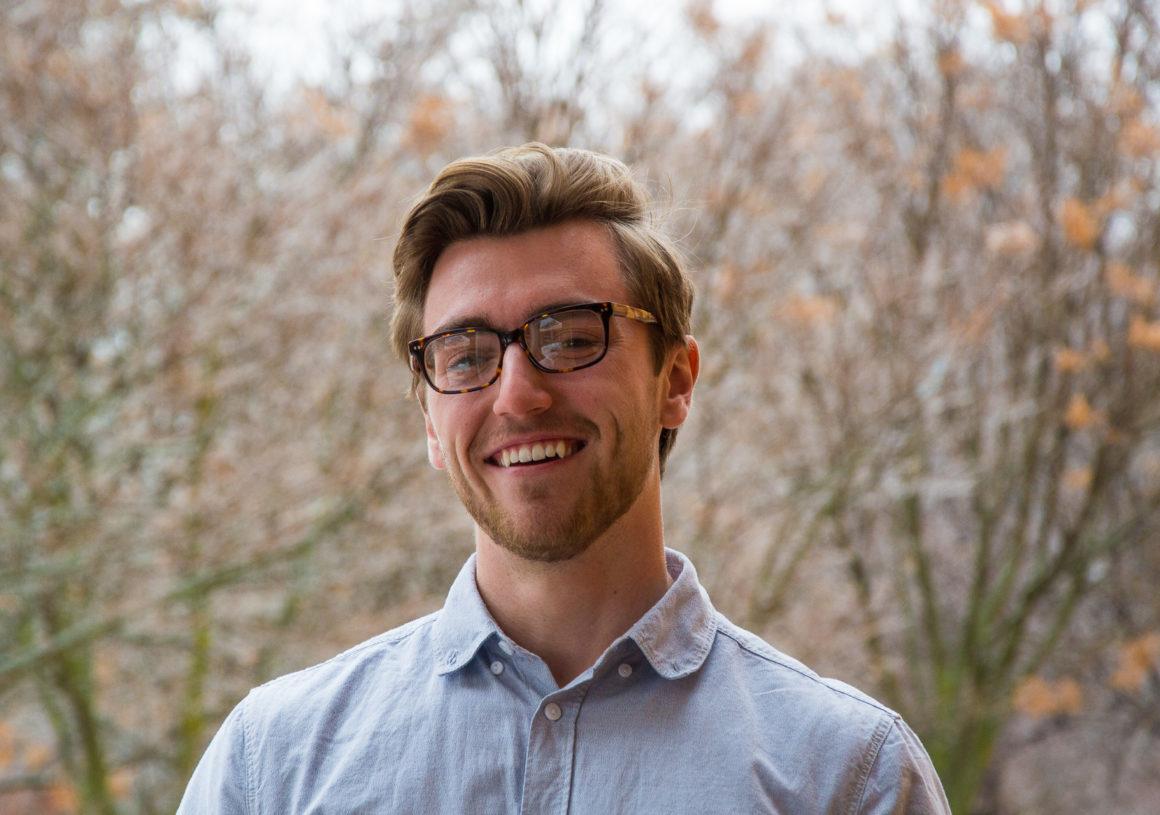
As a general goal, Becker is particularly interested in fostering a better relationship with administration, SGA and the student body.
“I’ve worked with administration pretty closely in a variety of different areas for a variety of different things, and as students know they’re not the easiest group of people to work with, and I think for a variety of important reasons. Financially, if students got everything they asked for, I don’t think that would be a smart decision for the school. I think I’ve shown a strong voice,” Becker said.
Welch is motivated by a desire to improve SGA’s reputation and role in the student body.
“I think the first priority is always listening to student concerns and translating them into effective policy. For example, I feel that SGA, whether it is a fault of leadership or just how SGA is perceived by the student body, is not necessarily the go-to for students when they have concerns,” Welch said. “We have [Facebook] pages like Grinnell Thumbs Down where people go to rant … and it would be a priority of mine to build an SGA that people come to when they have issues like that. As a member of SGA and someone who cares about SGA and cares about representing students, it feels like we aren’t doing our best job when we aren’t hearing about that earlier.”
Endorsements:
Endorsements provide a way for interest groups to make their collective voice heard in politics, and SGA elections at the College are no different. A number of Grinnell organizations and entities have issued endorsements for this cycle.
The Union of Grinnell Student Dining Workers (UGSDW) put out a list of endorsements on its Facebook page on Wednesday, Feb. 21. The Union endorsed Becker for President, Toumbou for VPSA and Murphy for VPAA. UGSDW Vice President Quinn Ercolani ’20 explained the reasoning behind these endorsements.
“The Union endorsed those candidates because those were the candidates our members voted for. … Those are the candidates that won because the members of the Union feel they will represent them the best,” Ercolani said.
But the UGSDW is not the only organization to endorse candidates this election cycle. Some of Grinnell’s meme pages have bolted into politics, offering endorsements of their own. The Twitter account @CleveSmellsLike endorsed Welch’s candidacy, saying that Cleveland Hall smelled “like the sweat juice of student government” in a exhortatory tweet from Feb. 18.
On that same date, @GrinnellSafety endorsed Becker, offering the support of Campus Safety and “all sleeper agents.” Though they are generally intended for humor, meme accounts have quickly become a new frontier for political discourse on the Grinnell Campus as students blend the absurd with the civic. Though he mentioned he was “less well-versed in the Twitterverse” than others, Becker was appreciative of the endorsements of various Twitter accounts.
“I know there are several parody accounts that my friends run … and I think they have done some campaigning for me there. Twitter definitely has a presence on campus, though it’s not the biggest,” Becker said.
Social media and campaign strategy:
The endorsement of Grinnell’s meme pages underscores the importance of social media this election cycle. Social media has played an obvious and important role in elections in the past, particularly through the use of Facebook pages.
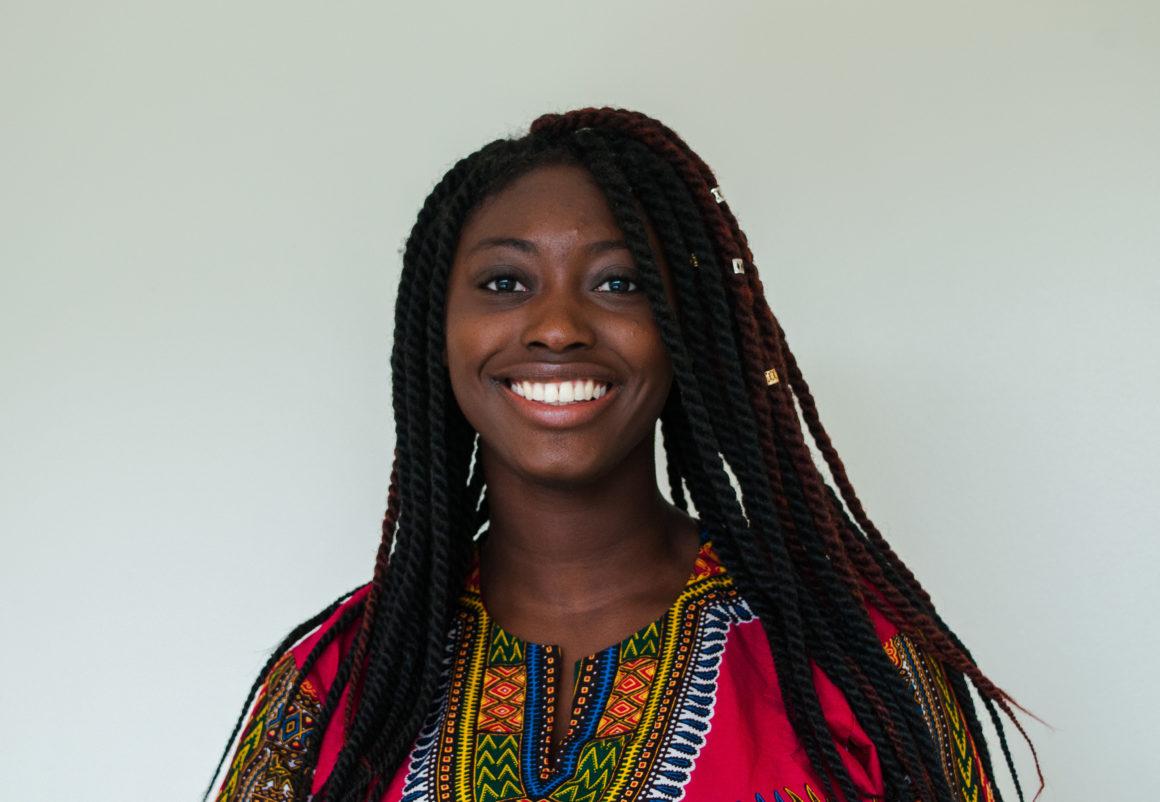
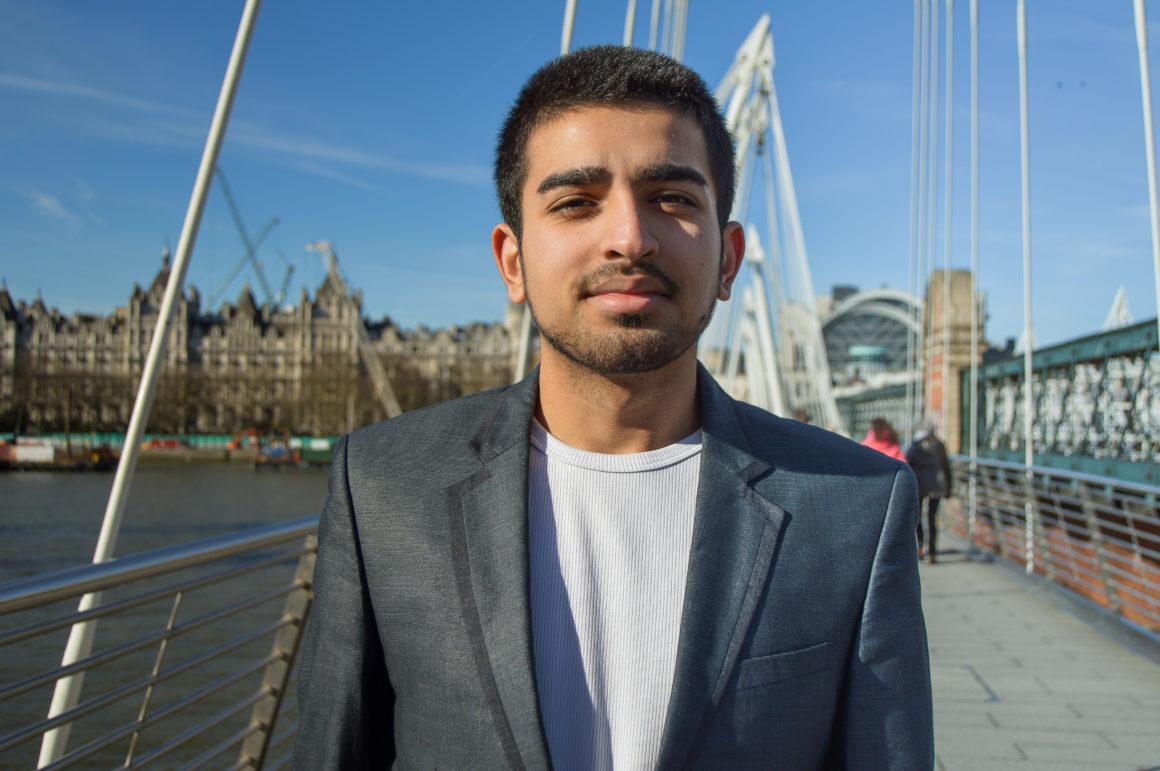
“I’m using Facebook to share my platform with the student body, specifically, I am using student pages such as Grinnell Current Students, and Multi-cultural pages to help outreach for my campaign,” Toumbou wrote.
In addition to Toumbou, four other candidates this semester have Facebook pages for their campaigns, and rely on the amplifying power of social media to make their voices heard. Welch was particularly confident about the power of social media in elections.
“I think it does a lot of good when people see from someone else’s perspective. … I think it’s nice to hear about a candidate in someone else’s words. I think social media really streamlines that because there’s such a network of Grinnellians on Facebook, Twitter or what have you.”
But not all candidates have utilized social media in their campaigns; Robertson sees Facebook as more of a possible liability than a benefit, and unlike other candidates, does not have a Facebook outreach page.
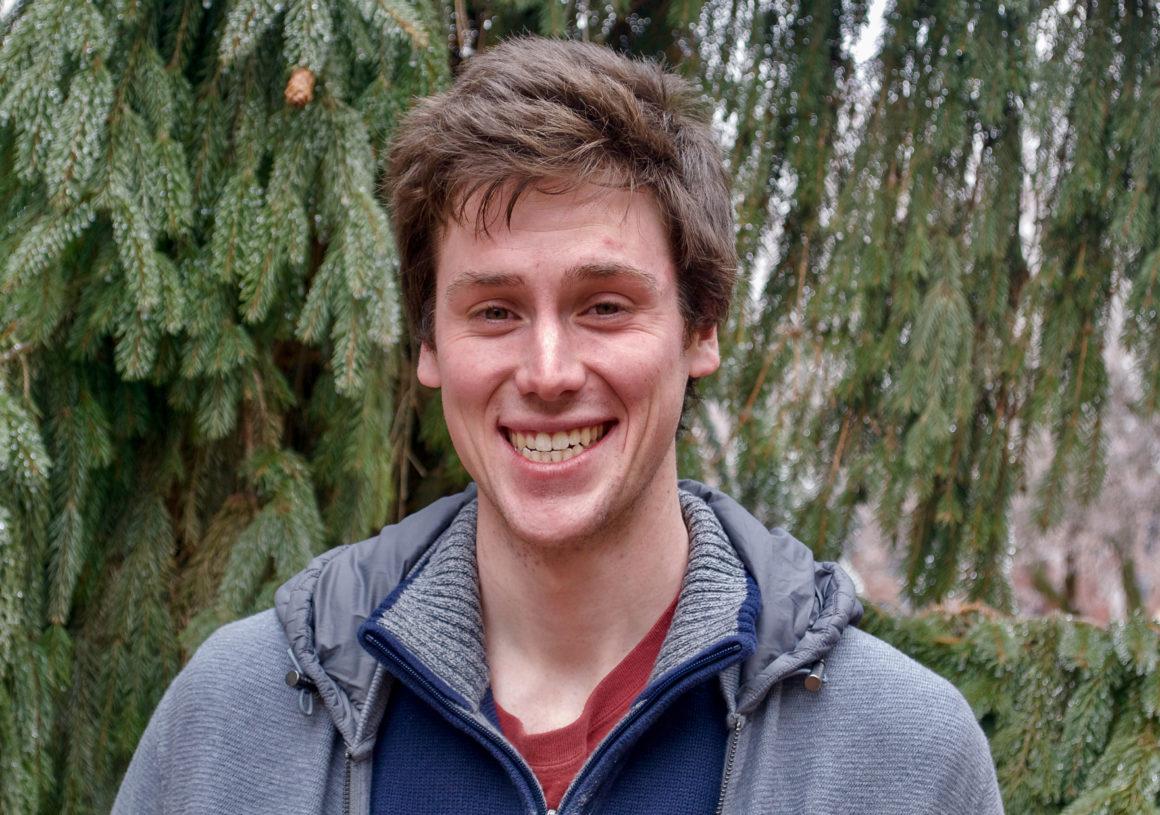
“I’m not very adept with online social media, and I’m also hesitant because there’s a campus rule that says you can’t send out an email to more than two people at a time. It feels strange to have mass messages to people. I pay attention to some emails about as much as I pay attention to a new Facebook post,” Robertson said.
Postering remains an important part of outreach for candidates, providing visual political messaging to the student body across campus. Becker in particular has been vigilant about postering.
“I think we’re looking at somewhere in the high 350 to 370 [posters] range at this point. … That’s been my nightly activity for many, many days now.”
Other candidates have utilized the poster formats in interesting ways. Murphy has expanded into more creative postering, including “[him] photoshopped over iconic movie posters and replacing the title with ‘MURPHY FOR VPAA.’” In particular, he has posters themed after iconic films like “Back to the Future” and “Home Alone.”
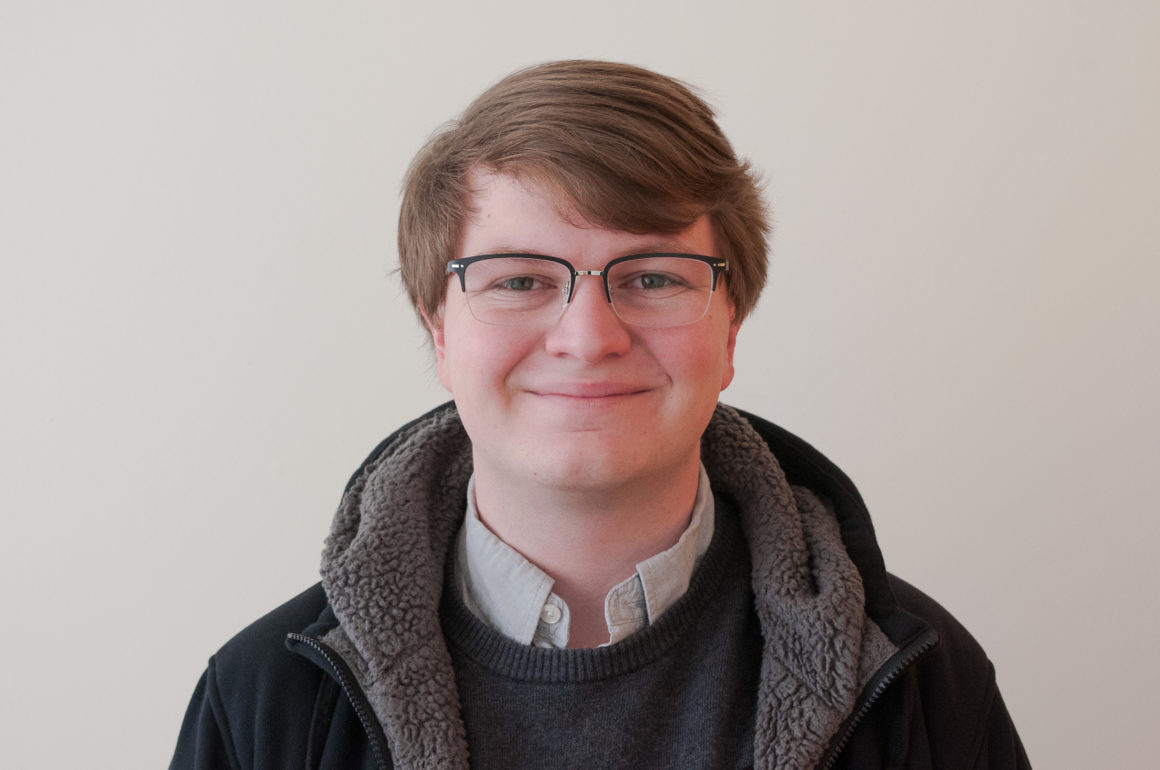
Robertson has incorporated humor into his postering strategy, stating that he would be “happy to be number two.” Robertson stated that “[the] poster is meant to be funny. … I was hoping people would say ‘he has a good sense of humor and I’ll vote for Joseph.’”
Campaign strategy takes many different forms, particularly when students are not on campus to oversee their campaigns and the election cycle. This is the experience of Sachdev, who has spent the past year in the United Kingdom for off-campus study. Though Sachdev acknowledges campaigning has been difficult from 4,000 miles away, given it denies the personal aspect of politics, he was clear about the importance of friends and social media in maintaining connections from far away.
“I have tried to use social media to get my name out there as far as possible and I am doing my best to reach out to all the people I am connected to at Grinnell who might not know my motivations for running,” Sachdev wrote.
The competition:
Each candidate offers a unique perspective towards SGA and campus politics. To explore these differing perspectives, The S&B asked each candidate what they could bring to the table that their opponent could not.
Murphy believes his experience in SGA and academic affairs affords him a unique and experienced perspective in government, particularly for the role of VPAA.
“I have been senator, presiding officer, S&B business manager, classics SEPC co-chair, Liberal Arts in Prison tutor and a member of a half dozen committees. … Because of this, I think I’m the most qualified candidate to efficiently and comprehensively improve academic affairs at Grinnell and to advocate students’ best interests firmly and honestly with administration,” Murphy wrote.
His opponent Robertson also spoke about his idea of a campaign.
“Overall I just really want to be receptive to people. I really have trouble asking people to vote for me, I hate the idea of that. I prefer asking people how academic affairs can be improved to shoehorn into a larger discussion about things,” Robertson said. “I think I can be more articulate … consistent … and persuasive and ‘hustle aplenty.’”
In regard to the VPSA race, Sachdev argues his experience living many places and interacting with many people affords him a unique perspective and ability to communicate.
“I am very outgoing due to my upbringing in eight cities across continents. I can interact effectively with people from many different backgrounds. I can use this ability to be approachable and understanding in my interactions with the student body while being respectful yet determined when representing their interests to the administration,” Sachdev wrote.
His opponent Toumbou believes her identities and sociability gives her the edge as a communicator.
“I have a lot of identities on campus that connect me with a variety of students, for example, I am Muslim, African-American, POSSE scholar and student-athlete just to name a few. … I think it’s important as an executive cabinet member to get to know the student body you’re representing, but also it’s equally important for the student body to know you as an elected official,” Toumbou wrote.
With respect to his competitive qualities as a candidate, presidential candidate Becker said that, “Acting as a voice for high-financial need students as well as first-gen students is a unique opportunity that I have … and I think dedication … whether that’s going around putting up posters all the time, or being as accessible as possible.”
Welch highlighted his own role in SGA and personal qualities as important to his candidacy.
“What I can offer is a commitment to SGA since my second year, in which I’ve steadily taken on more and more responsibility. … My first semester, I was on one committee, the Diversity and Outreach Committee … and I really got a feel for how SGA operates. … I feel like I’ve budgeted my time wisely throughout my career in SGA and otherwise,” Welch said.
SGA elections open at 8 a.m. on Feb. 23 and close at 8 a.m. on Feb. 24.





































































